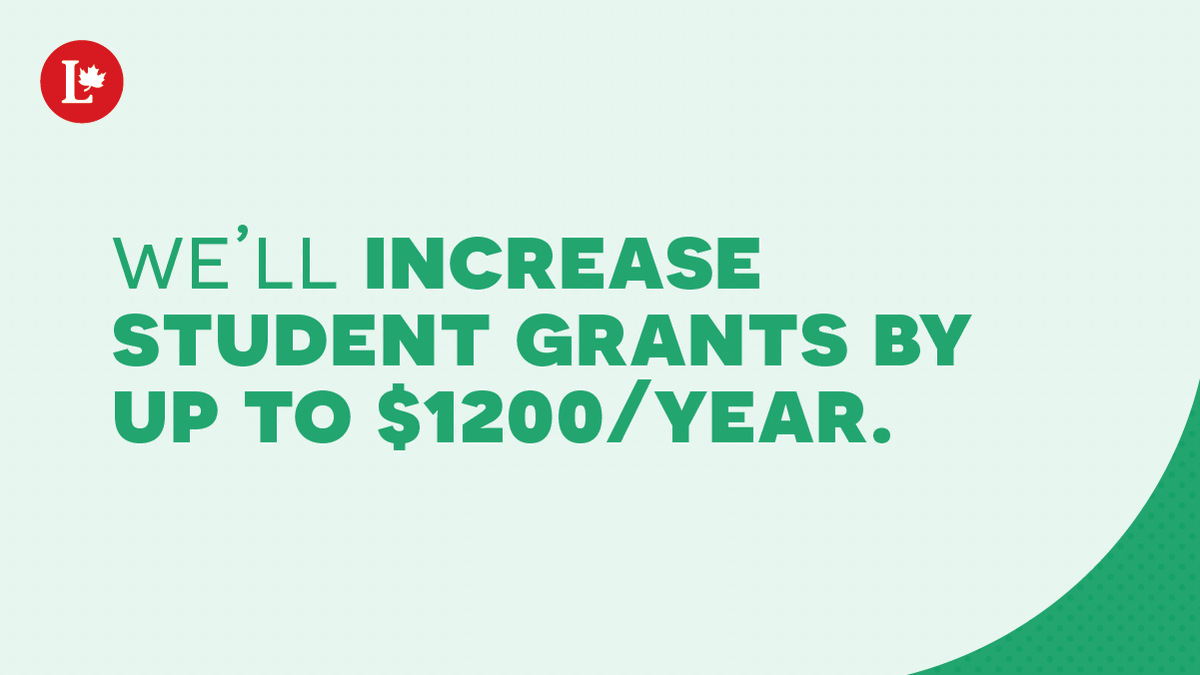There are a couple reasons why I am passionate about reducing excessive psychology licensure burdens in #Wisconsin. 1) We have a problem with access to timely mental health services; 2) The most restrictive requirements are the least valid and have a negative impact ...
... on certain applicants. It is the latter issue that I want to address here. As someone who is the first member on both sides of my family to attend college, I think I have a good sense of how our current psychology credentialing process creates unnecessary obstacles.
When you are raised in a “working class” family the emphasis is, not surprisingly, on work (labor). As a student you’re encouraged to do well in school, which typically means, pass your classes so you can get a job and earn a living when you graduate. The emphasis is often ...
... not on maintaining a stellar GPA and prepping for standardized college entrance exams. Oftentimes the money isn’t available to send you and/or your siblings to college or to hire tutors or purchase study materials to prep for entrance exams.
There certainly isn’t money to hire someone to alter your exam scores or falsify your college applications (note: don’t do that!). In other words, there is a culture within families that have a history of pursuing post-secondary education that often doesn’t exist ...
... within family systems where simply graduating from high school is the end of the academic experience and immediately finding a job to support yourself (and sometimes help support the family) is the primary task. I am not at all ashamed to admit this was the culture ...
... of my family for generations. Many in my family didn’t graduate high school and none attended college, but it was for lack of resources, not potential. Many in my family are quite brilliant and could have easily preceded me in earning a graduate degree.
My point in sharing this isn’t to elicit sympathy, pity, or even pats on the back for being the first person in my family to attain what for many before me was only a dream. I’m sharing this to highlight something much more important:
Standardized testing and state examining boards’ irrational obsession with licensure mobility are the biggest (and unnecessary) obstacles to licensure as a psychologist. In order to earn a doctorate in psychology, an individual has to borrow about $200k in student loans ...
... unless their family has the resources to pay for their education and/or they are among the talented few that are offered scholarships and research stipends to fund their education. In addition to high financial cost, doctors of psychology spend 10+ years in school ...
... and oftentimes accumulate thousands of clinical practice hours under the supervision of a multiple licensed psychologists. In addition, they have to successfully complete several competency benchmarks throughout their training and have to pass an exam ...
... that assess their knowledge of state laws and ethics. You would think that after successful completion of all these requirements one would be granted a license to practice psychology in their community, but they are not. There is one all-or-nothing hurdle ...
... that prevents a psychologist from getting licensed and, in many states, legally prevents them from even publicly calling themselves a “doctor of psychology” (let that sink in). What is this final, all-or-nothing hurdle? I’m glad you asked.
It’s a 175-question standardized exam (EPPP) that 1) does not predict competency; 2) costs $700 each time it’s taken; 3) and has a disparate impact on minority test takers, w/ 39% of Blacks, 37% of Hispanics, 24% of Asians, and 14% of Whites failing the exam on first attempt.
If you can afford $1,500 in study materials and can pay $700 to retake the exam, you *might* eventually pass. Also worth noting: only ~15% of the exam actually covers clinical intervention. So why do examining boards require this exam? I’m glad you asked.
In the 1960s, professional organizations (eg, ASPPB) pitched this exam, not as a measure of competency, but as a way to ↑portability of licensure between states. After decades of lobbying, ASPPB convinced all 50 states to make their exam a requirement for licensure.
Sixty years later, professional organizations and examining boards continue to lobby state legislatures for more rules/regulations in their pursuit of licensure reciprocity/mobility, which the practice exam (EPPP) failed to accomplish.
In fact, ASPPB has now developed a *second* part to the EPPP, which will double the cost and place yet another burden on applicants who are simply trying to get licensed, treat patients, and make a living so they can support their families and pay off their student loans.
I was fortunate to have passed the EPPP on my first attempt, which I mention in order to defend against claims that I have a personal axe to grind. I do not. Unfortunately, I have witnessed how the EPPP requirement has significantly impacted colleagues who have ...
... sufficiently demonstrated their clinical competency but have not cleared the all-or-nothing EPPP hurdle. I have also witnessed colleagues brag about their high EPPP exam scores, oftentimes validating critiques that the exam does not predict competency.
There is no question we need to ↑access to psychological services. One way we can practically accomplish this is by ↓unnecessary and overly restrictive licensing laws. I’ve said it before and I’ll say it again:
State legislatures and examining boards should spend less time trying to figure out how to make it easier for psychologists to leave their states (e.g., reciprocity/mobility laws) and spend more time finding ways to make it easier for them to get licensed in the first place.




